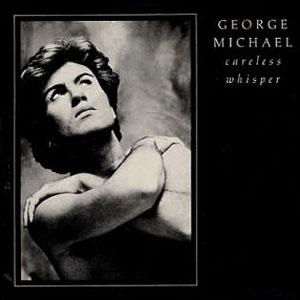The reason why I don’t like Wes Anderson films is a simple one:
I want to forget that I’m watching a movie. I want to get lost in the story. I want to feel like the characters and plot are real.
I want this when watching a movie or television show, reading a book, or watching a play. It’s also what I attempt to achieve as a storyteller, whether working on the page or the stage.
Wes Anderson refuses to allow me to do this.
His obsession with symmetry, tableau vivant, planimetric shots, and his limited palette of colors forces me to constantly assess his direction and cinematography. Rather than getting lost in the story, I feel the voice of the director shouting, “Look at how I designed this kooky shot!”
Anderson constantly reminds me that this story is not real. His movies are an exercise in visual specificity.
It’s surprising that I don’t love Anderson’s work because many of his themes are ones that I adore. Like Anderson, my novels (and even many of the true stories I tell onstage) are filled with deadpan humor, quirky characters, coming-of-age themes, and nostalgia.
All staples of a Wes Anderson film.
But because I’m never allowed to become lost in the story and am constantly reminded of the man behind the lens, I never feel attached to the characters in his films. I don’t care enough about them to worry or want. Suspense does not exist because there is no reason for suspense. I don’t care enough about the characters to lean forward and wonder what will happen to them next because they are positioned symmetrically in front of a table of irrelevant and confusing objects that have nothing to do with the plot or future of the character.
As a result, his stories lack stakes.
I still lament the fate of Thelma and Louise, Randall in One Few Over the Cuckoo’s Nest, and Neil from Dead Poet’s Society. I wonder how Andy and Red from The Shawshank Redemption spent their final years. I want to know if Mikey McDermott from Rounders made it big at the World Series of Poker. Is Cobb from Inception still trapped in a dream?
I care about these characters, and so many more, long after the movie is done.
Just when I start to care about Anderson’s characters, he denies me the opportunity by designing a purposefully artificial shot filled with silliness, randomness, and unreality that undercuts the emotion.
This is why I don’t enjoy Wes Anderson’s movies. I want stories that I can believe. I want to be tricked into thinking they are really happening. I want the characters to feel so real that I’m still thinking about them years later.
Anderson fails this for me.
This video explains my problem perfectly.









